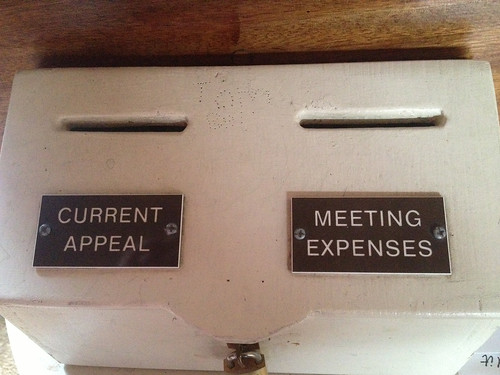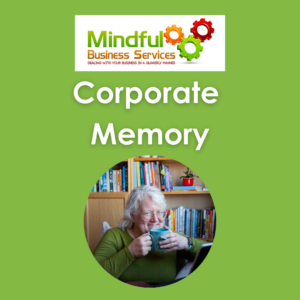 This could be taken two ways – how do we ensure that the Meeting House is affordable for both the local community and the worshipping community that uses it. Not only financially, but also with reference back to an earlier post: Beacon or Burden.
This could be taken two ways – how do we ensure that the Meeting House is affordable for both the local community and the worshipping community that uses it. Not only financially, but also with reference back to an earlier post: Beacon or Burden.
Hopefully, all Quaker Meetings are a spirit-led, all-age faith community trying to create a vibrant worshipping community, based on their testimonies of equality, integrity/truth, peace, simplicity & sustainability. From that there is the expectation that this community should be able to support itself & its activities.
I’ve talked about how you can increase the visibility of and welcome to your building for both potential hirers and visitors. These actions can hopefully increase the numbers of hirers and enquirers who find you.
Now I’m widening this to the more intangible costs – I’ll cover ways of reducing utilities etc. later.
In this post instead I’m going to talk about the costs on the members of the Quaker community that uses the building.
- How can we find ways to empower all members of the meeting to take responsibility for their meeting?
- How can we decide each time a decision or suggestion is made if this a good use of our meeting’s energy and time?
- What is our Meeting’s Ministry and how can we work together to achieve it?
Obviously, I could talk about outsourcing some of the routine tasks – cleaning, gardening, bookkeeping, lettings administration but those are the easy ways to release energy.
Or I could mention that Clerking teams or combined Eldership & Oversight work well for many meetings. There needs to be a balance between keeping the jobs within a small ‘weighty friend’ circle and overburdening a new attender or member.

- What ways are there for ensuring the work is equally spread between new and more experienced Quakers?
- What ways are there to experiment with structures and ensure everyone feels able to contribute?
- What ways have you found in your Meeting to do this?






